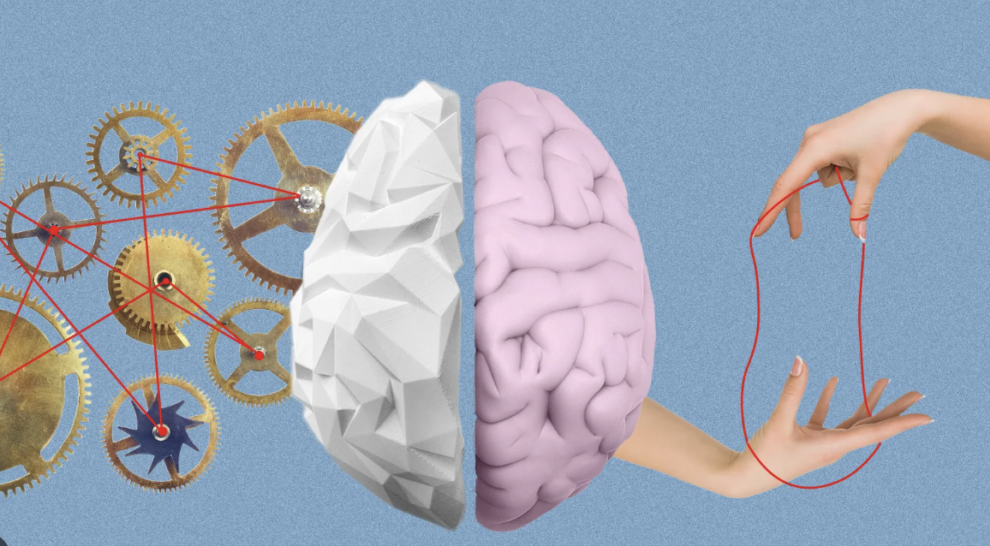Artificial Intelligence (AI) was born in the years 1950-1956 by Alan Turing. Little did anyone know that this invention would change the world forever. Although it may be exciting that your computer can do your homework for you, chatbots can take over jobs, reduce people’s work ethic, and change the trajectory of the future.
AI allows computers to do things that humans would typically do. This function will affect the workforce in both positive and negative ways. Various studies show how AI could take away people’s jobs and make them more manageable. A specific example of the adverse effects of AI occurred recently with the SAG-AFTRA strike concerning writers and actors. Many producing companies found that it would be easier to use websites, such as ChatGPT, to produce scripts rather than hire a writer. This caused the Writers Guild of America to go on strike. On the other hand, AI can also improve workers’ experience by minimizing the repetitive tasks that they have to perform. AI enhances, as well as destroys, many aspects of the workforce.
As AI continues to shape and change the world, the public voices many opinions and concerns. One large concern is that AI can spread misinformation. According to a survey conducted by Forbes, with websites like ChatGPT, Google Bard, and Bing Chat, 54% of people can tell the difference between AI-generated messages and human-formed ones. As the use of AI becomes more prominent in business, companies have to make decisions regarding the possibility of AI being false and the chance of an incorrect narrative being shared with the public. Surveys show that the majority of people are concerned about AI’s effects, suggesting a consumer demand for authenticity and ethical practices between business and customer trust. Another concern surrounding AI is the impact it has on children. AI directly impacts education, toys, and games. Children can become attached to AI-generated materials and not learn how to navigate complex human interactions. This happens through artificial intimacy. If AI can stimulate human interaction and relationships, people may become reliant on this and ultimately become lonely. AI will continue to have a prominent role in how technology and the world evolve, and it is evident that changes can be both positive and negative.







